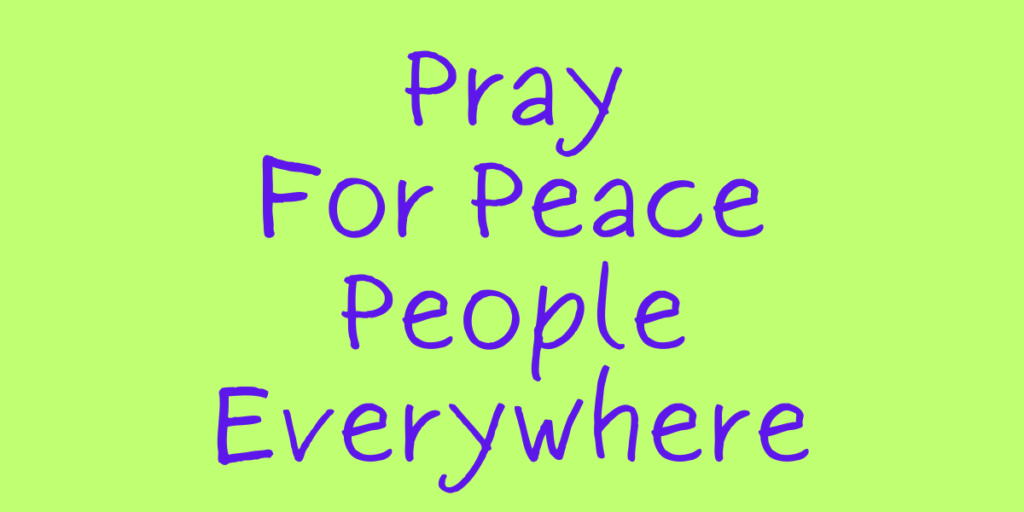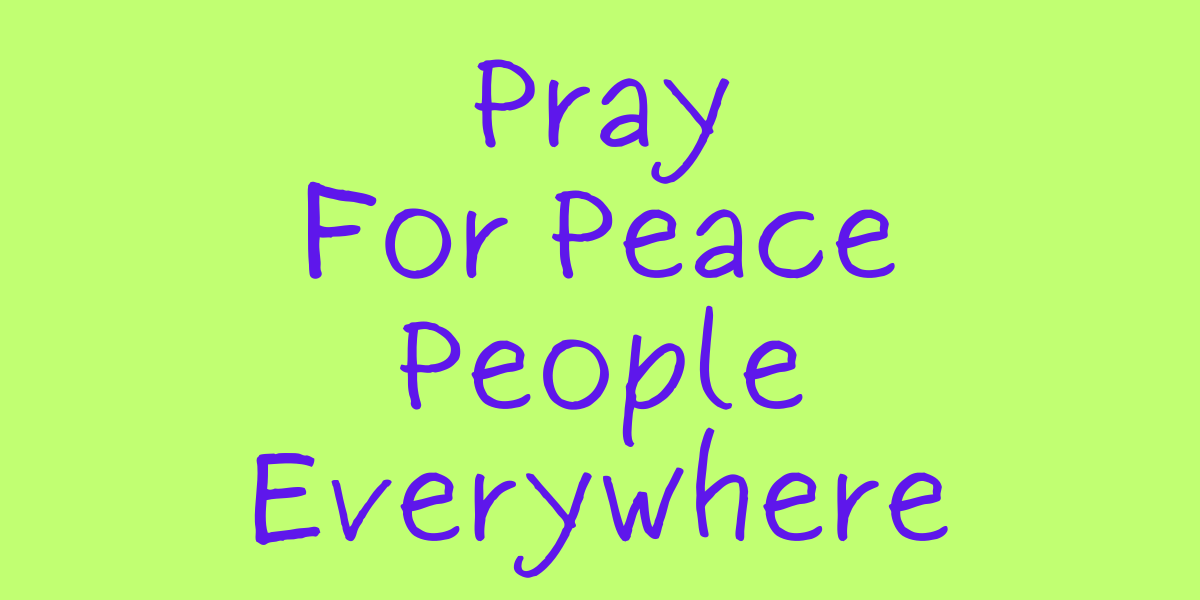First Unitarian Universalist Society Burlington
December 24, 2023

Five simple words. Yet when we put them together, simplicity gives way to complexity and threatens impossibility.

These lines are familiar to us from the 1962 Christmas carol we just sang, introduced to the world at a time when war felt imminent because of the Cuban Missile Crisis. Partnering with his wife at the time, Gloria Shayne who wrote the music, the lyrics were written by Unitarian Universalist Noël Regney.

It was as if the world was a sweet and terrible knot. They, alone, could not untangle the terrible knot of war, yet they offered the gift they had: a song that made anew the nativity story, allowing it to speak to a time when the threat of war was upon the land in contemporary times. A prayer for peace.

Five simple words that point, in fact, to a complexity. That point, in fact, to what is not so simple. That point, in fact, to what appears impossible: peace in our time.
In the song, the king tells us that The Child, sleeping in the night, will bring us goodness and light. And here we are, gathered together on this night, seeking inspiration and hope from that baby’s teachings. Yet, it is not clear to me, two thousand years after his birth, or sixty years after that song was written, that we can count on peace coming from that specific source.
I believe – and perhaps you do, too – that it must come from us.
How do WE untangle the sweet and terrible knot of a world that greets us each time we wake?
How do we move from simplicity to complexity and not be stopped in our tracks there?
What about when, as one reading named, there are prisoners crying out for release? Hostages taken on October 7th and still not free? The over five millions Palestinians in Gaza and the West Bank, living as second class citizens in occupied territories? That reading (Madeleine L’Engle’s “First Coming”) tells us that
He did not wait till the world was ready,
till men and nations were at peace.
He came when the heavens were unsteady,
and prisoners cried out for release.
He did not wait; neither can we.
Join me as I explore each of those five “simple” words, in some of their complexity.


There are times when the paltry phrase, “thoughts and prayers…” gives prayer a bad name. As someone who grew up skeptical of prayer, yet whose profession and calling require me to take prayer seriously, I share with you that in times of personal crisis and utter helplessness, I have found myself, unbidden, praying.
Through prayer, I have found my way not around what was both overwhelming and seemingly impossible, but through. Prayer not as solution, but as tool – personal and communal tool.
So I suggest to us not petitionary prayer, the kind where we ask some all-powerful entity to intervene. No: such prayer relieves us of the responsibility to do what we can to relieve suffering and bring about not only peace, but justice.
Instead, I ask us to pray ourselves out of the delusion that we are separate. I ask us to pray ourselves out of the myth that we can get through on our own. I ask us to pray ourselves into a sense of connection and interconnection, cultivating the capacity to open to the transformation that comes when we trust that we are part of something larger than ourselves.

Two words, actually.
And here again, something simple becomes complex. Because, what do we mean by peace?
Is it solely the cessation of violence? The end of bombing? A ceasefire?
Is it as “simple” as being a Pacifist, lending our weight to bend the moral arc of the Universe against war? Or, if by choosing the Pacifist path, are bullies and fascists allowed to run amok?
What is happening in Israel/Palestine shows us, as if it wasn’t clear before, how peace can have sides; requires different actions from players on the world stage; exacts a sophisticated engagement with history, a skillful analysis of power, and a deep dedication to collective liberation; and ultimately, at least as I understand it in this moment, requires a resilient capacity to hold paradox loosely, alongside a willingness to wade into what seems to be “a terrible knot of the world” which we are called to untangle, even if we do not yet know how to.

Whether or not we ourselves are Christian, we gather tonight to celebrate one of the most powerful parts of the Christian story: that the source of peace and justice in an unjust world comes not from those in power. Not from those born into the priestly class. Not from those wearing the monarch’s crown. But from an unanticipated source.
We people gather on this night because this story and this possibility speaks to so many of us. People – you, you, me, you, we – are drawn not just to the pretty lights and the fragrant greens and the familiar carols, but to the promise and possibility that in telling and retelling the story of the baby born to an unwed teen mother and her fiance (who stayed by her side even though he wasn’t the father), who did not have a place to sleep sheltered from the harsh elements, that these people have worth, in and of themselves, and in what they can and will offer the world.
When I think of the changes afoot in our groovy city that is turning grittier than any of us wish; when I hear the complaints of inconvenience by people who have a roof over their heads about those who are unhoused; when I hear blame placed on individuals rather than systems of inaccessible health care or adequate, affordable housing; then I think: yes, this story has something to say to all the people of this place.
It has something to say to me. It has something to say to you. It has something to say to us. Are we listening?
When I think of the overall health of our democracy; when I think of how difficult it is to kick out of our national legislative body someone who has committed serial fraud; when I think that an insurrectionist might have been barred from one state’s ballot but, at least as of now, will be sitting on the ballots of 49 other states: I think of this nativity story, where a tyrant was subverted by the collective action of a few wise ones who chose to do no harm and and a few brave ones who practiced radical welcome, thereby weakening the standing order of corruption.
Then yes, I think this story has something to say to all people. It has something to say to us.

The Christian story of the birth of Jesus says that the baby born under that miraculous star was extraordinary. As a Unitarian Universalist, I respectfully disagree.
My faith tells me ~ and the world ~ that specific child was, indeed, extraordinary or divine, because each and every child, everywhere, is divine, is extraordinary. Because each and every child holds within them the possibility of waging peace, of fomenting justice, and being one part of the vast conspiracy to heal our common life.
Every child, everywhere. Among the rubble in Gaza. In decimated neighborhoods in Ukraine. In fear-saturated communities throughout Putin-led Russia. When vengeance takes lives in South Sudan. In cars on freezing nights in the Northeast Kingdom or in tents at Battery Park.

I think of a poem written after that horrific attack by Hamas on October 7th. These two verses from “Summons” by Aurora Levins Morales echo in my mind and in my heart, sounding like the night wind to the little lamb; sounding like a song high above the trees, with a voice as big as the sea:

Last night I dreamed
ten thousand grandmothers
from the twelve hundred corners of the earth
walked out into the gap
one breath deep
between the bullet and the flesh
between the bomb and the family.
They told me we cannot wait for governments.
There are no peacekeepers boarding planes.
There are no leaders who dare to say
every life is precious, so it will have to be us.
I hear this prayer of peace and know the complicated truth, the simple truth, when it comes to peace in our time: it will have to be us.



Reading this sermon opens my mind and my heart, to see and feel all that the world is showing and to know that the next steps are ours to take.
Thank you for making this so clear, so blatant, and so compelling.
I am honored by this response. Thank you.